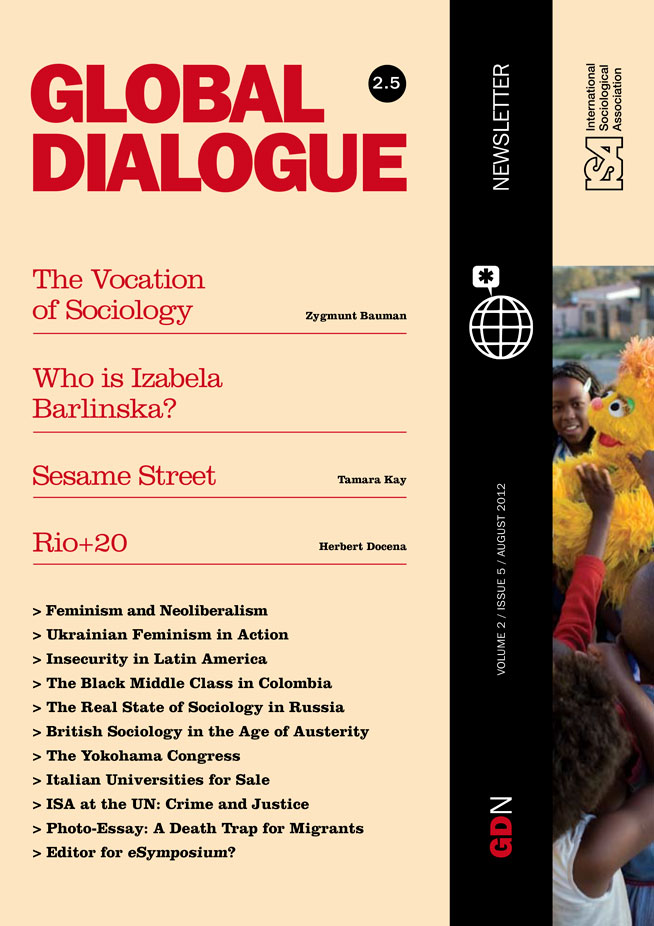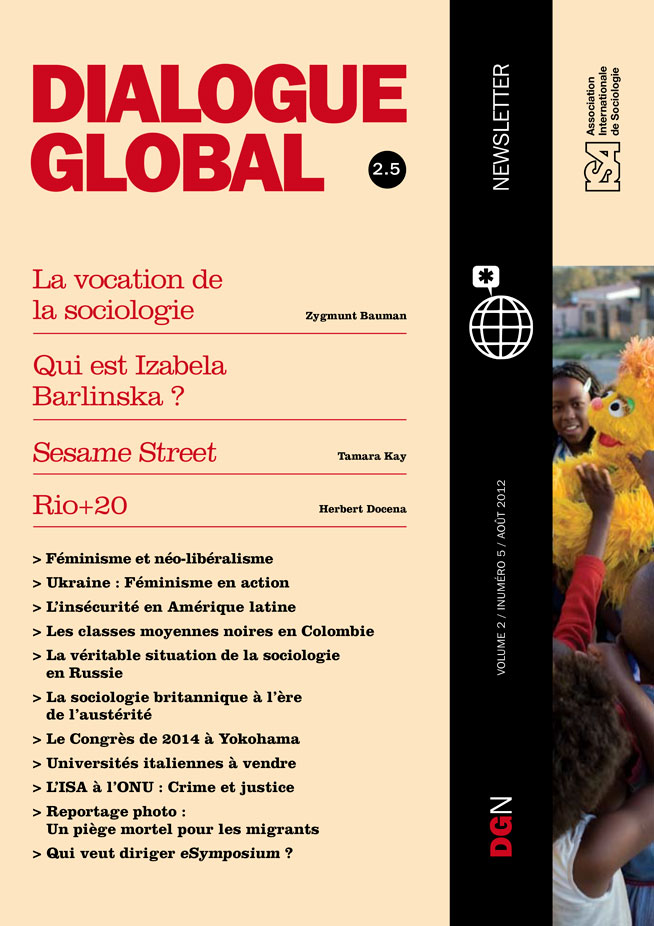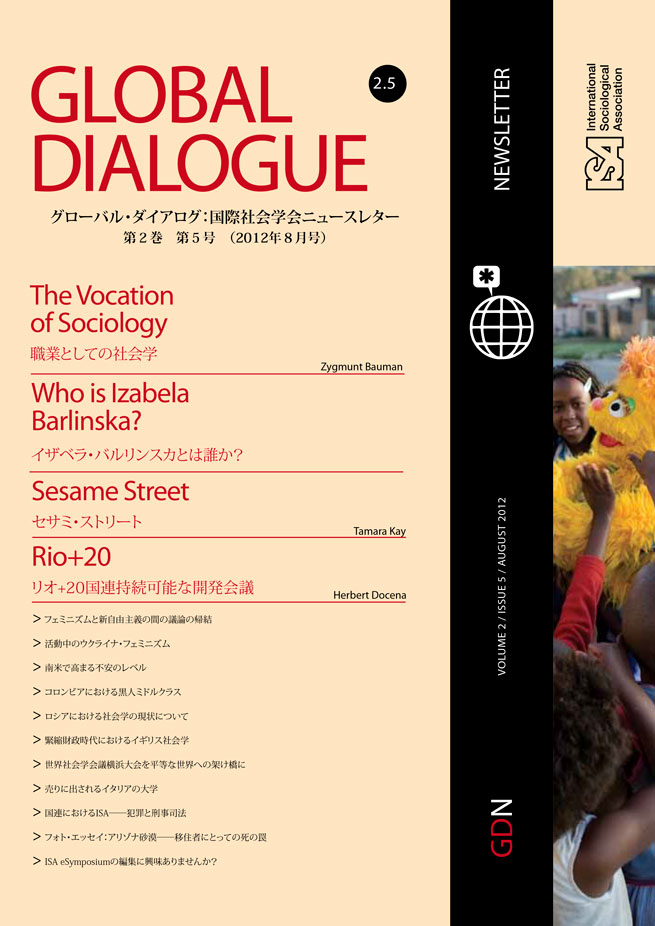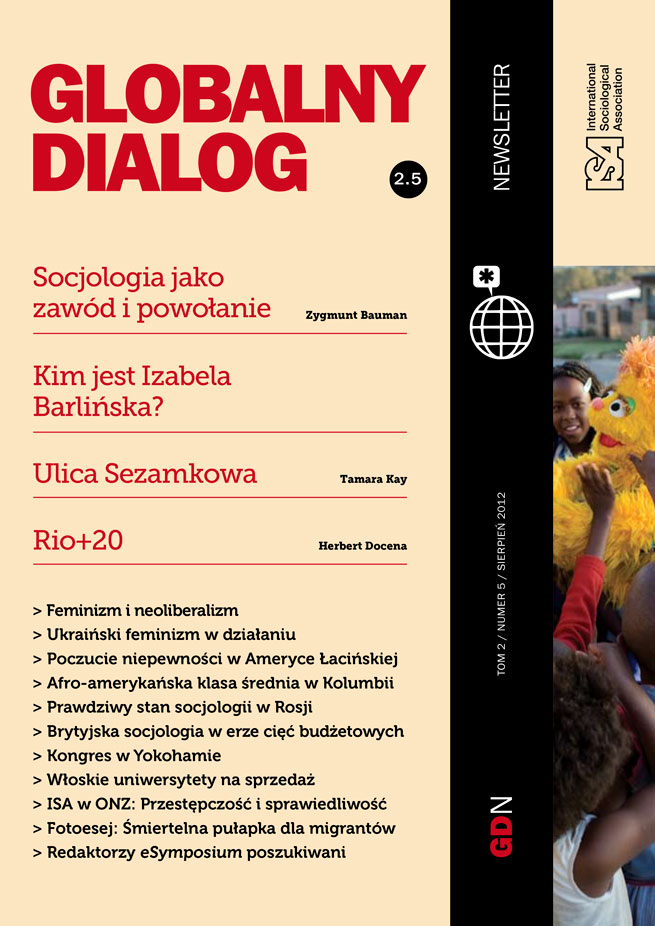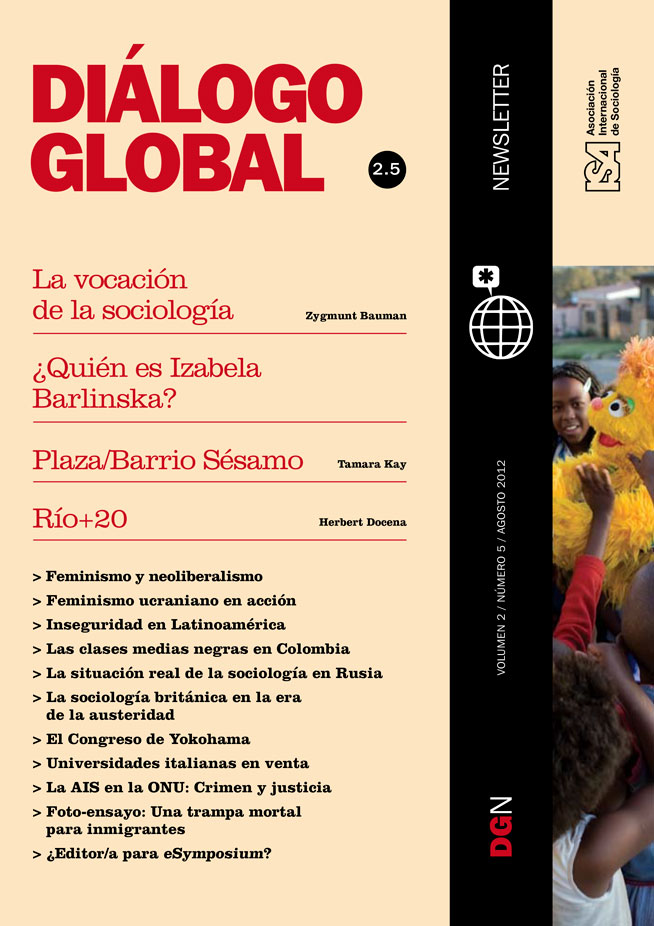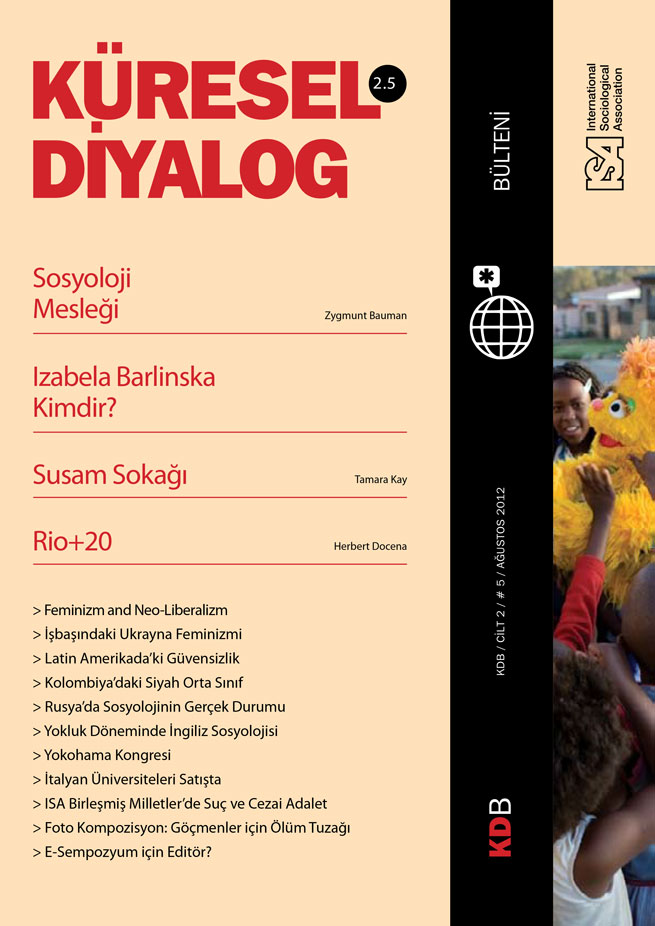On the Vocation of Sociology in Liquid Modernity
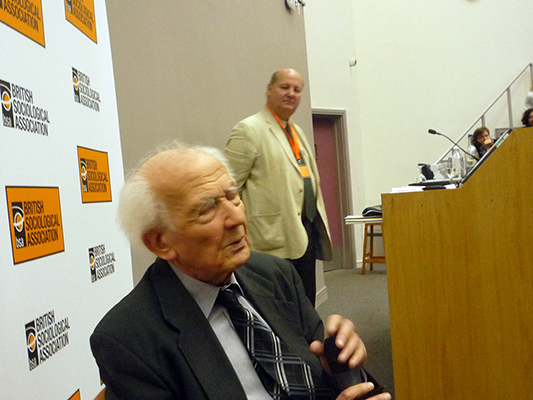
July 13, 2012
Zygmunt Bauman has become the iconic sociologist of modernity. Born in Poznań, Poland, in 1925 he was for many years a committed communist. A prominent sociologist at the University of Warsaw, he was forced to leave Poland in 1968 as a result of anti-Semitic purges. He took up a permanent position in the sociology department at Leeds University in 1971 where he has been ever since. The books that brought him fame in the 1980s and 1990s developed a critique of modernity as a form of obsessive rationality, displayed in extreme form in the Holocaust or Stalinism, and more generally in rationality’s inability to deal with outsiders. Legislators and Interpreters, one of his key books, deals with the problematic ways intellectuals have been bound up with and how they might extricate themselves from modernist rationality. If his early books were a critique of high modernity, what he now calls the solid modernity of hierarchies and regulation, the last ten years have seen a continuous flow of books on liquid modernity, a world of unprecedented uncertainty and insecurity. Zygmunt Bauman becomes more prolific, more prophetic and more influential every day, and fittingly opens our new column on “Sociology as a Vocation.”
Almost a hundred years ago, in the heyday of “solid modernity” (bent, as it were, on building a social order free from contingencies and dysfunctions that haunted Western societies since the agony of the “ancient regime” and the very beginning of the compulsive, obsessive and addictive modernization it triggered), sociology broke into the university campuses carrying the promise of servicing managerial reason presumed to be charged with that order-building task. Almost a hundred years later, the academia in which sociology has securely settled, is nudged and pushed, pressed and commanded by the powers that be, to make itself useful to “business interests” that have since moved into the focus of an updated managerial reason. Slogans and arguments might have changed considerably, but the strategies and purposes of research and teaching which they insinuate have not. As a result, academic sociology feels little if any pressure to follow the tracks of the changing world – the failure of which may cause the sociological profession to lose its connection with, and relevance for, the changed public arena of our times, as Michael Burawoy and other farsighted and conscientious spokespersons for the profession warned us already more than a decade ago.
The ways and means commonly followed in our universities provide a protective shield against calls of this kind: as bold as they are urgent and imperative. Owing to the established procedures of graduation, promotion, staff-rotation, self-replenishment and self-reproduction, that sociology may cling infinitely to its extant form and style, oblivious to the “changing world” and to the dwindling and evaporating public demand for the services of form and style it was drilled and groomed to render. And that means also staying oblivious to the rising demands for an altogether different kind of service, which sociology would be able to render on condition of revising its presently prevailing form and style made to the measure of the managerial or technological mentality of the kind now receding fast into the past. In our increasingly deregulated, privatized and individualized world, such services badly needed, but so far all too sparingly supplied, ought to be rendered to what Anthony Giddens dubbed “life politics”: that is, to the life tasks of men and women increasingly charged with the duty “to seek individual solutions to socially produced problems” – as Ulrich Beck unerringly summarized the greatest challenge with which “liquid-modern” times confront contemporary generations.
For more than half a century of its recent history, and because seeking to be of service to managerial reason, sociology struggled to establish itself as a science/technology of un-freedom: as a design workshop for the social settings meant to resolve in theory, but most importantly in practice, what Talcott Parsons memorably articulated as “the Hobbesian question”: how to induce/force/cajole/indoctrinate human beings, blessed/cursed with the ambiguous gift of free will, to be normatively guided and to follow routinely manipulable, yet predictable courses of action designed by the supervisors and surveillors of social order; or how to reconcile free will with the willingness to submit to other people’s will, lifting thereby the tendency to “voluntary servitude,” noted/anticipated by La Boétie at the threshold of the modern era, to the rank of the supreme principle of social organization. In short: how to make people to will doing what doing they must…
In the present-day society, individualized by the decree of fate, aided and abetted by the second managerial revolution (consisting, by and large, in the managers “subsidiarizing” their managerial tasks to the managed), sociology faces the exciting and exhilarating chance of turning, for a change, into a science/technology of freedom: of the ways and means through which individuals-by-decree and de jure of the liquid-modern times may be lifted to the rank of individuals-by-choice and de facto. Or to take a leaf from Jeffrey Alexander’s call to arms: sociology’s future, at least its immediate future, lies in an effort to reincarnate and to re-establish itself as cultural politics in the service of human freedom.
And how to accomplish such passage? What is the strategy to follow? The strategy consists in engaging in an ongoing dialogue with “doxa” or “actor’s knowledge” (which sociology, attuned to the old-style managerial reason, denied cognitive value and set out to “debunk,” “uproot” and “correct”), while observing the principles recently suggested by Richard Sennett in his essay on the present meaning of “humanism”: precepts of informality, openness and cooperation. “Informality” means the rules of dialogue are not pre-designed; they emerge in the course of the dialogue. “Openness” means: no one enters the dialogue certain of his/her truth and tasked with convincing the others (holders, a priori, of wrong ideas). And “cooperation” means: in that dialogue all participants are simultaneously teachers and learners, while there are neither winners nor losers… The price to be collectively paid for neglecting, collectively, that advice, can be the (collective) irrelevance of sociology.
Sociology, as the rest of society whose dynamics it is called to unravel and grasp, currently live – as Keith Tester of Hull University recently suggested – in a period of “interregnum” in which old ways of doing things manifest daily their inadequacy, whereas new and more effective ways that hope to replace them have not yet reached a planning stage… This is a time when everything or almost everything can happen – but little if anything can be undertaken with certainty, or even high probability of success. I suspect that predicting the destination toward which we move under such conditions (and even less the destination to which we are bound to arrive as their result) is irresponsible and misleading, since the impossibility of a purposeful action reaching the roots of liquid-modern problems, and the absence of agencies able to undertake it and see it through, are precisely what defines those conditions.
This does not mean however that we should stop trying; but it does mean that while never stopping to try we need to treat every successive attempt as another interim settlement: one more experiment, in need of thorough testing before it is proclaimed a “final destination,” or a “fulfillment” of our vocation.
Zygmunt Bauman, Leeds University, UK


